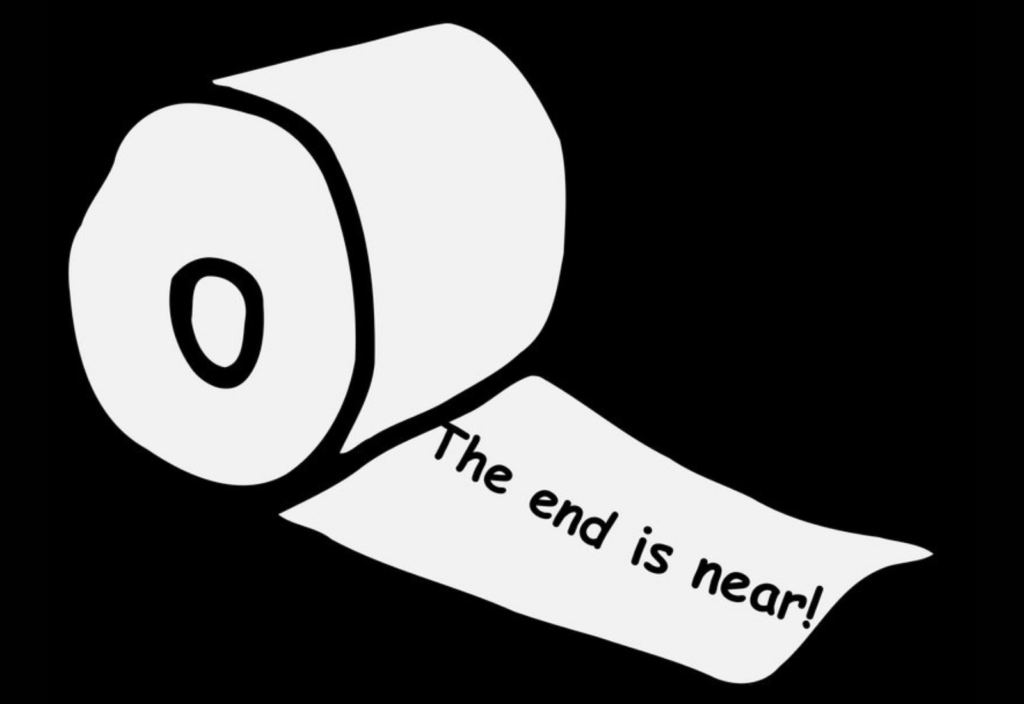A story I always tell revolves around toilet paper in China. My story is as follows:
A year or so ago I was in Vietnam visiting my daughter, who was in Ho Chi Minh City on foreign study. We were in an airport when I walked away to go to a rest room. As I neared the rest room, I realized I did not have any toilet paper on me so I walked back to my daughter and asked her for some. She looked at me like I had two heads, stated that she had none, and suggested I just get some from the bathroom. I then queried whether there would be any in the bathroom, to which she replied, “of course, why wouldn’t there be?” I then told her how the toilet paper gets stolen from virtually every bathroom in China. She looked at me puzzled. Later I asked her about poison being put into food in Vietnam and she said she had never heard of such a thing.
Just this week, I got into a long discussion with the China reporter for a large newspaper. This person previously lived in Vietnam and he has lived in various Asian cities over the last decade. We talked about differences between Vietnam and China, including poison in food. He said China was the only country in which that was a problem. I then relayed how I used to believe China’s poor record regarding product defects was grossly overrated and due only to China making so many products. But my view changed when someone high up in the United States Consumer Protection Agency empirically refuted my theory. This person told me that year in and year out, China’s product defect rate is at least six times worse per product made than any other country.
I am bringing this all up today because though the whole toilet paper thing is my story, it seems the Wall Street Journal is the first to go to print with it. Dammit. Toilet Paper Abuse Prompts China Morality Debate starts by asking “What does abuse of free toilet paper at public bathrooms say about the state of a country’s public morality?”
It seems that linking morality to toilet paper is a big issue in Qingdao, where the city is stocking toilet paper in the public restrooms for tourists:
That’s the question Chinese people have been debating since news emerged late last month that an experimental free toilet paper program in a Chinese city had resulted in users making off with as much as two kilometers of the gratis paper per day.
Sanitation authorities in the city of Qingdao say they have spent around 1.5 million yuan ($236,000) since June 15 installing and stocking free toilet paper dispensers at public lavatories in 24 locations as part of an effort to make things more convenient for tourists.
How is it that the city has spent nearly $10,000 on toilet paper per location in less than a month? It’s not just about overuse, according to those responsible for maintaining supplies.
“Most people take some before they go into the toilet then grab some more on their way out,” Zhu Xincong, who oversees one of Qingdao’s public toilets, said in an interview with Shandong TV.
So what is it with toilet paper in China? Poverty? Morality? Something else? Is rampant theft of toilet paper common in any other country? And what about poisoning food? Is that a related question or a completely separate one? Does product defects relate at all to either of these things?
And what about the cleanliness of the restrooms in a country? How does China compare and what does that mean? A recent Harvard Business Review Post, Of Clean Toilets and Competitive Economies,” talks of how Singapore’s spotless restrooms evidence its competitive advantage. Is there truth to that? And if there is (or even if there isn’t), how do China’s restrooms rate on the world scale? Who gives a crap?
Have at it people.

























